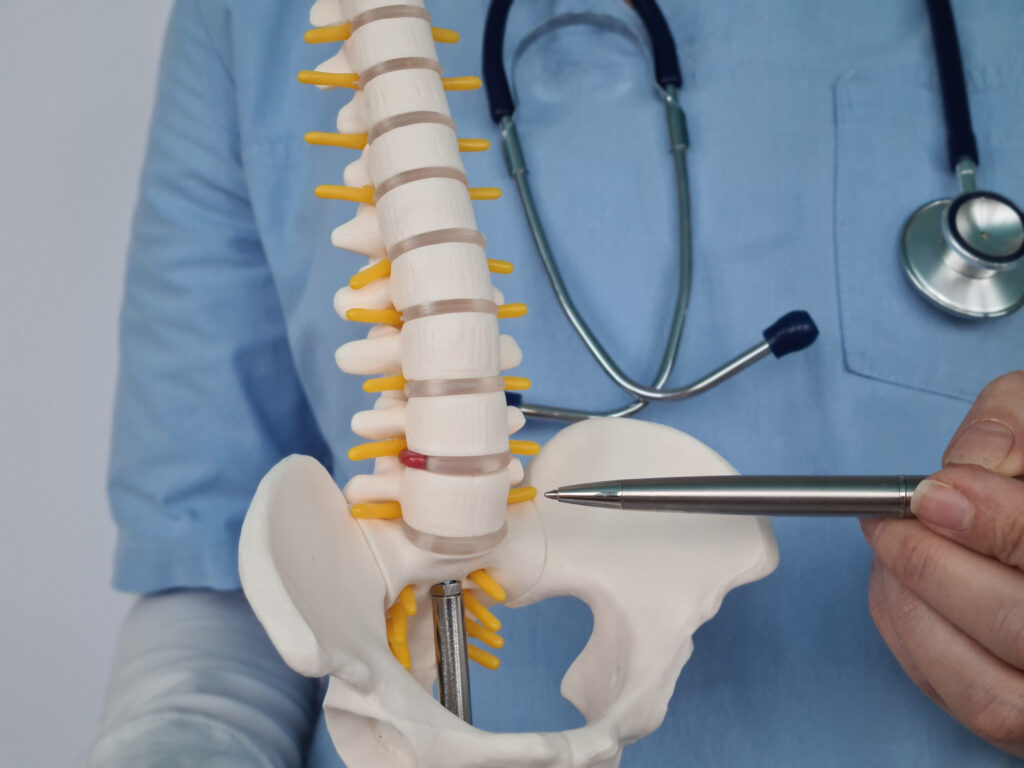Intervertebral disc degeneration (IDD) is a prevalent condition that significantly impacts quality of life, leading to pain and reduced mobility. Traditional treatments often fall short in effectively addressing the underlying causes of IDD. However, a growing body of research suggests that exosomes, small vesicles secreted by cells, could emerge as a novel therapeutic strategy for this debilitating condition. A recent study led by Shuai Peng, Xiangyang Liu, Lei Chang, Bin Liu, Mingyan Zhang, Yan Mao, and Xiongjie Shen has delved into the potential of exosomes derived from mesenchymal stem cells (MSCs) to treat IDD, specifically examining the role of quercetin in enhancing exosome characteristics.
The study underscores the promise of exosomes as a regenerative medicine approach. These vesicles play a crucial role in intercellular communication, carrying proteins, lipids, and genetic material that can influence the behavior of recipient cells. In the context of IDD, exosomes from MSCs are particularly attractive due to their ability to promote tissue repair and modulate inflammation.
Despite the inherent potential of exosomes, the efficiency of their therapeutic application remains a challenge. This is where quercetin, a natural flavonoid known for its antioxidant and anti-inflammatory properties, comes into play. The researchers investigated how quercetin affects the characteristics of MSCs and the exosomes they release. By enhancing the properties of these exosomes, quercetin could improve their efficacy in treating IDD.
The authors conducted a series of experiments to assess the impact of quercetin on MSCs. They found that quercetin treatment led to increased exosome yield and enhanced their biological activity. This suggests that quercetin not only boosts the quantity of exosomes produced but also their quality, making them more effective in promoting cellular repair and reducing inflammation associated with IDD.
The findings highlight a significant advancement in the field of regenerative medicine, providing a potential pathway to improve exosome-based therapies for IDD. By leveraging natural compounds like quercetin, researchers may be able to optimize the therapeutic potential of MSC-derived exosomes, paving the way for more effective treatments for patients suffering from intervertebral disc degeneration.
The study conducted by Peng and colleagues offers valuable insights into the intricate relationship between MSCs, their exosomes, and the therapeutic potential of natural compounds. As research continues to evolve, the integration of such innovative approaches could revolutionize the treatment landscape for IDD, ultimately enhancing patient outcomes and quality of life.


